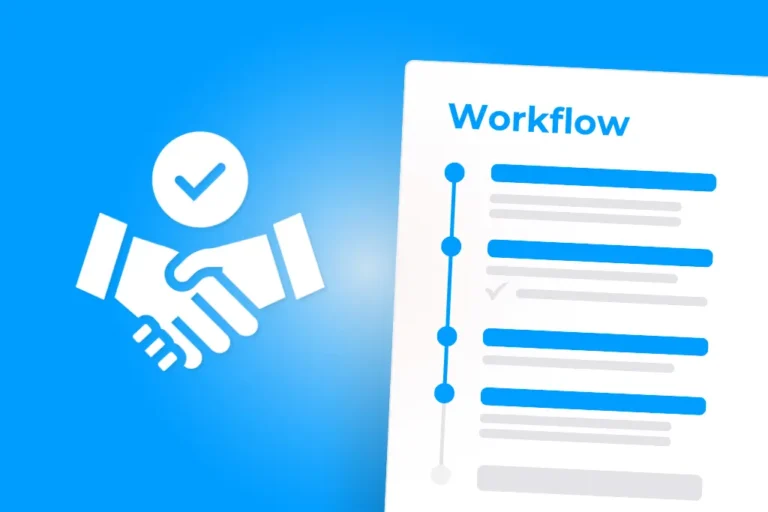Legal Departments have long been considered the tiger who cannot change its stripes. But the continuous integration of new legal technologies which sift through data and accelerate performance mean that change is inevitable. So how can Legal Departments leverage technology to increase cost management and operational effectiveness?

CHANGE IS IN THE AIR
Technology is a key cornerstone law firms need to grapple with to remain resilient. Today, organisations of every calibre today need to do so, or risk being disrupted. According to data from Forrester, 25% of companies in 2019 will decelerate their digital efforts completely and lose market share.
The legal industry is primed in 2019 more than ever for a digital transformation but post-recession profitability worldwide has lured firms into what is a seemingly false sense of security. The 2018 Altman Weil survey of over 800 law firms in the U.S. noted that data showed how resistant comfortable medium sized firms are with remaining focused on short term strategy, with ‘69% of law firm partners surveyed resisting most change efforts’.
But this outlook is dangerous. There has been a perceptible shift in the client-law firm relationship. Clients are keen to work with legal professionals who are employing technology in innovative ways to save them money. In a recent Financial Times article, Professor David Wilkins of Harvard Law School, advised that “the amount of work clients are willing to pay a premium for is shrinking” as clients understand more and more that, “a lot of legal work is repetitive and can be standardised”.
However, when it comes to some technologies, executives are concerned about its open-ended possibilities. In PWC’s CEO pulse survey ‘the speed of technological change’ was a rising concern for 38% of CEO’s worldwide in 2018. From a legal perspective this number increases dramatically as 100% of the top ten UK law firms surveyed in 2018 see technology as a key challenge facing the legal sector over the next two years. AI or Artificial Intelligence in its nascent stage poses both a specific promise and a threat to Legal Departments. Artificial Intelligence technological advances ‘are expected to disrupt numerous legal frameworks’ and the risks borne by adopting this technology affect especially in data monitoring, protection and compliance.
ACCESSIBLE DATA
The World Economic Forum have likened data as ‘the oxygen that fuels the fire of the Fourth Industrial Revolution’. Yet for busy Legal Departments getting to grips with the sheer masses of case files, documents and NDA’s is a lengthy process. Sifting through data is one core operation which could be accelerated by secure technology. What is more, according to the Harvard Business Review, ‘less than 1% of unstructured data is analysed or used at all’. How the masses of data flowing from and towards Legal Departments can be better utilised is the question legal professionals should be asking in the age of digital disruption.
DiliTrust Governance is a collaborative legal platform to streamline, centralise and organise all legal activities in your Legal Department, including critically current and archived data. Aimed at medium and large sized Legal Departments, this solution provides users with a complete 360° visibility of their legal activities; including Corporate Law, Management of Authorizations and Delegations, Contracts, Litigation, Real Estate and Intellectual Property. Legal professionals benefit form workflows, user friendly collaborative tools for inter-departmental projects and automated real time updates for fresh insights at every use.
The results of a more streamlined and coherent data strategy suggest huge gains operationally and financially.
Forrester, a data research consultancy group found that ‘just a 10% increase in data accessibility will result in more than $65 million additional net income for a typical Fortune 1000 company’.
ACCELERATE PERFORMANCE
According to the HBR 2018 Consulting Law Department Survey, 81% of Legal Department respondents expect that their legal needs will continue to increase in the next year, especially in the areas of commercial contracts, regulatory compliance and M & A. It is clear that utilising technology to streamline the organisation of your Legal Department will allow organisations to augment their efficiency, increase their productivity and cost effectiveness in 2019 for their increased workload.
Contact a member of our team today for a free demo on how DiliTrust Governance can accelerate the digitalisation of your Legal Department.


